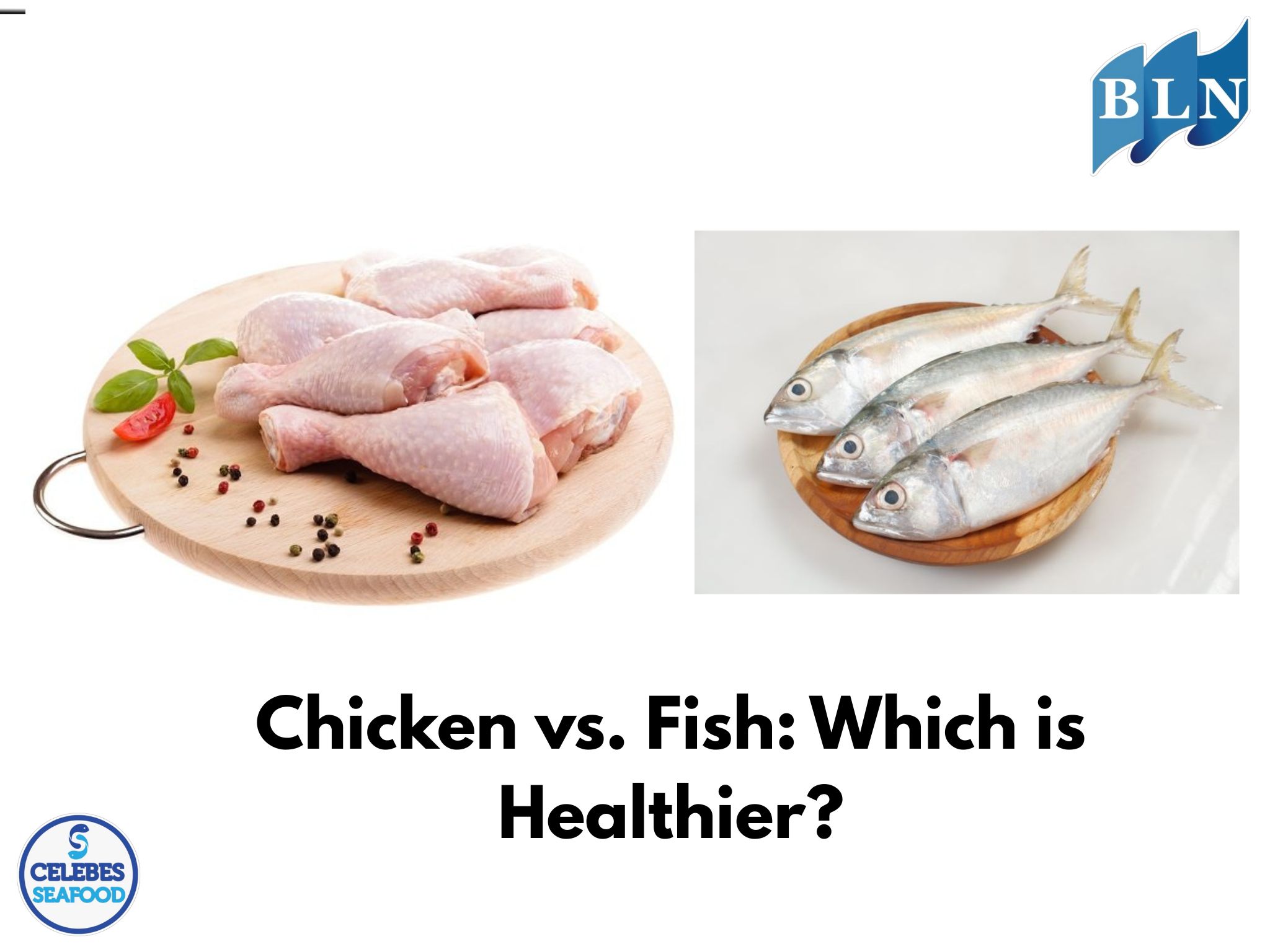Sardinella Fish: Benefits, Nutrition
By. Rani - 11 Aug 2025
lautnusantara.com Sardinella fish is a small pelagic fish with high economic value. This fish is rich in nutrients and is easy to find in Indonesian waters. Not only is it popular for its savory taste, but sardinella fish is also known as an affordable yet highly nutritious source of animal protein.
From its omega-3 content to essential vitamins and minerals, this fish is worthy of being a part of your family's daily menu. Moreover, it can be prepared in various healthy and delicious ways.
What is Sardinella Fish?
Sardinella fish (Sardinella lemuru) is a species of marine fish that belongs to the Clupeidae family. It's also known by other names like sardine or "tirus" fish.
Sardinella fish are commonly found in Indonesian waters, especially in the Java Sea, Madura Strait, and Makassar Strait. It is a vital and affordable source of animal protein for the community.
Sardinella fish have distinctive physical characteristics: small, elongated bodies with a bluish color. Their size typically ranges from 10 to 17 cm. These fish live in schools and feed on plankton.
Read Also : Healthy Omega-3 Rich Menu: Discover the Fish That Should Be On Your Plate
Nutritional Content of Sardinella Fish
Sardinella fish are rich in various essential nutrients that the body needs. Here are some of the main nutritional contents in 100 grams of sardinella fish:
-
Protein: 20-25 grams.
-
Fat: 5-10 grams (including omega-3 fatty acids).
-
Calcium: 100-200 mg.
-
Phosphorus: 200-300 mg.
-
Iron: 1-2 mg.
-
Vitamin D: 2.5-7.5 mcg.
-
Vitamin B12: 5-10 mcg.
Additionally, sardinella fish also contain minerals like selenium, iodine, and zinc, as well as essential amino acids that are important for bodily health. The omega-3 content in sardinella fish, such as EPA (eicosapentaenoic acid) and DHA (docosahexaenoic acid), is very beneficial for heart and brain health.
Health Benefits of Sardinella Fish
Thanks to its abundant nutritional content, sardinella fish offers various health benefits, including:
-
Maintaining heart health: The omega-3 fatty acids in sardinella fish help lower blood triglyceride levels, reduce blood pressure, and prevent the formation of blood clots.
-
Improving brain function: DHA is a crucial component for brain development and function. Consuming sardinella fish can enhance memory, concentration, and prevent age-related cognitive decline.
-
Strengthening bones and teeth: Calcium and vitamin D in sardinella fish are important for maintaining bone density and preventing osteoporosis.
-
Boosting the immune system: Selenium and zinc play a vital role in strengthening the immune system and protecting the body from infections.
-
Preventing anemia: The iron in sardinella fish helps prevent anemia or blood deficiency.
Potential Risks of Consuming Sardinella Fish
Although sardinella fish have many health benefits, there are some potential risks to be aware of:
-
Fish allergy: Some people may have an allergy to fish, including sardinella. Allergy symptoms can include skin rashes, itching, swelling, nausea, vomiting, or even shortness of breath.
-
Mercury content: Like other marine fish, sardinella fish may also contain mercury. Mercury is a heavy metal that can be harmful to health if consumed in high amounts, especially for pregnant women, breastfeeding mothers, and children.
-
Salt content: Preserved sardinella fish, such as salted sardinella, usually contains high levels of salt. Excessive salt consumption can increase blood pressure and the risk of heart disease.
To minimize these risks, consume sardinella fish in moderation and vary it with other protein sources. Choose fresh or frozen sardinella instead of preserved ones. For pregnant women and children, consult a doctor about a safe amount of fish to consume.
Tips for Healthy Cooking of Sardinella Fish
Here are some tips for cooking sardinella fish to keep it healthy and nutritious:
-
Choose healthy cooking methods: Avoid deep-frying sardinella fish as it can increase saturated fat content. It's better to bake, steam, boil, or grill the fish.
-
Use natural seasonings: Use natural seasonings like garlic, shallots, ginger, turmeric, and other spices to enhance the flavor and health benefits.
-
Limit salt use: Reduce the use of salt when cooking sardinella fish, especially if you're using salted sardinella.
-
Combine with vegetables: Serve sardinella fish with fresh vegetables like spinach, water spinach, carrots, or broccoli to get a more complete range of nutrients.
Recommended Consumption of Sardinella Fish
In general, adults are advised to consume fish 2-3 servings per week, which can include sardinella fish. One serving of fish is equivalent to 100-150 grams of cooked fish.
For pregnant and breastfeeding women, consult a doctor about a safe amount of fish to consume to avoid the risk of mercury exposure.
When to See a Doctor
If you experience allergic symptoms after consuming sardinella fish, consult a doctor immediately. Additionally, if you have certain health conditions like kidney disease or digestive disorders, consult a doctor or nutritionist to get appropriate recommendations for fish consumption.
If you need more information about the benefits of sardinella fish or healthy diet tips, don't hesitate to consult with a doctor through the Halodoc application. Get accurate and reliable information from a credible source.
If you are interested in our Coral Trout Fillet Skin On, CORAL TROUT WGG WHOLE GILLED GUTTED, TOMATO COD WHOLE GILLED GUTTED please do not hesitate to contact us through email and/or whatsapp


.jpg)
.jpg)




